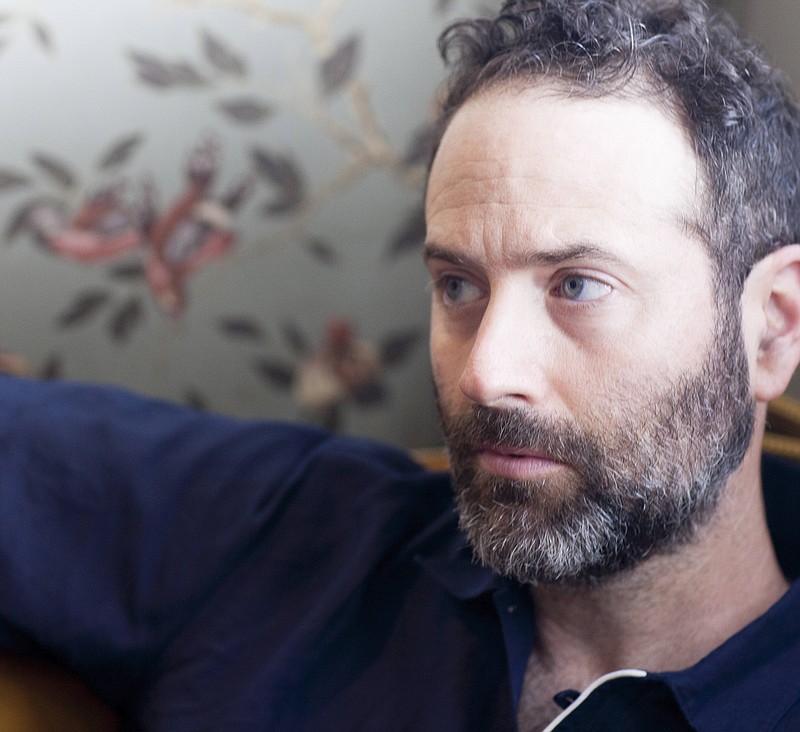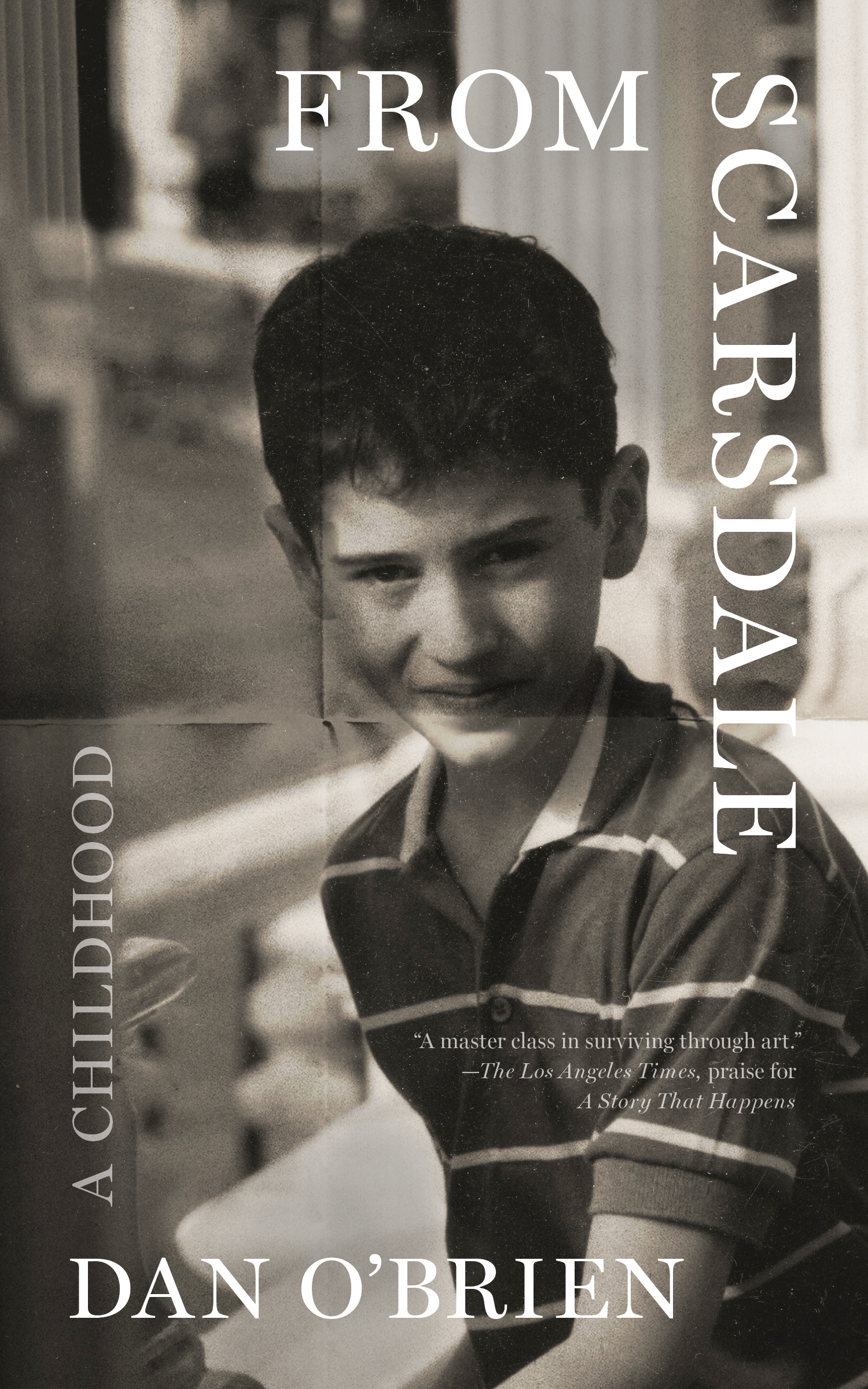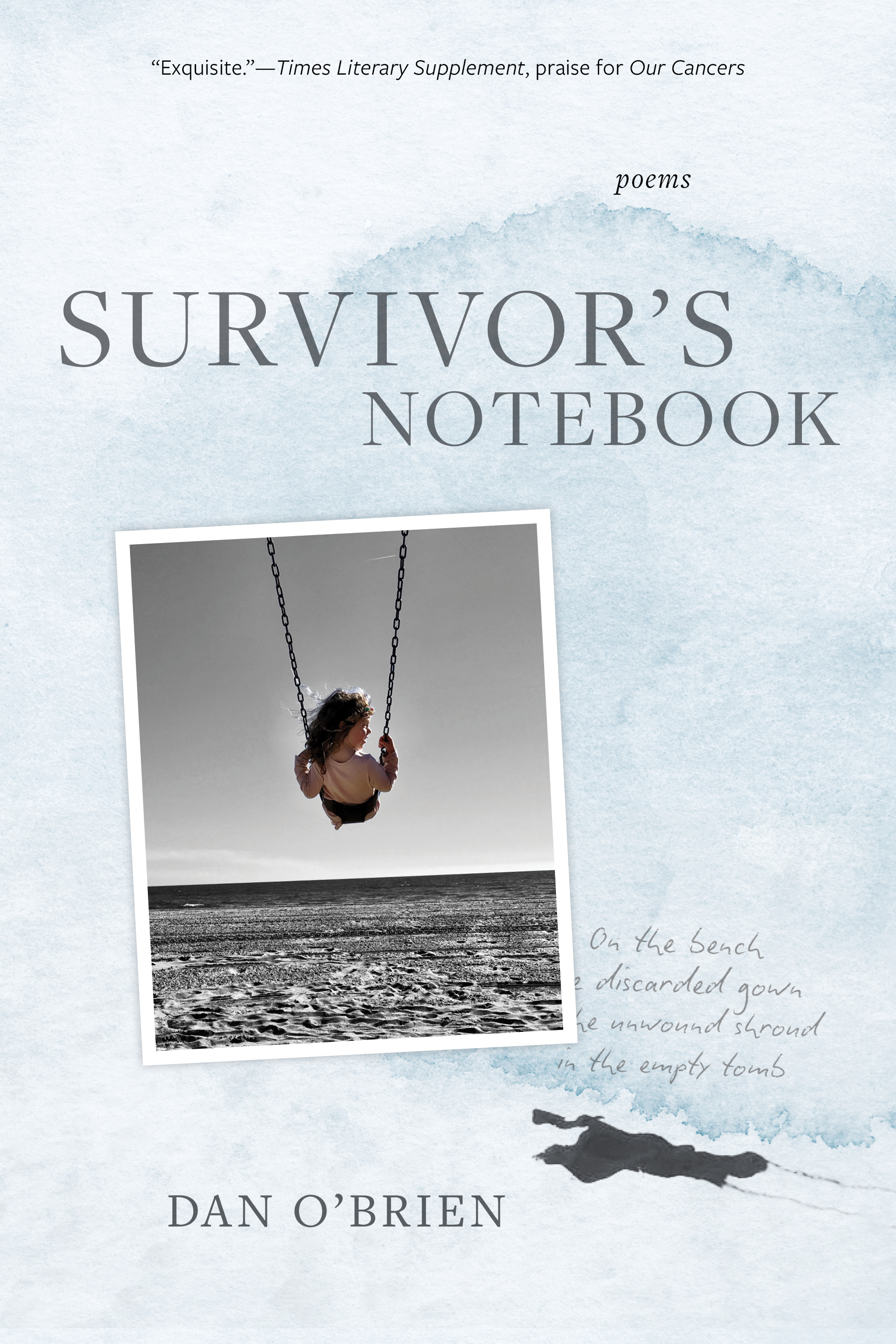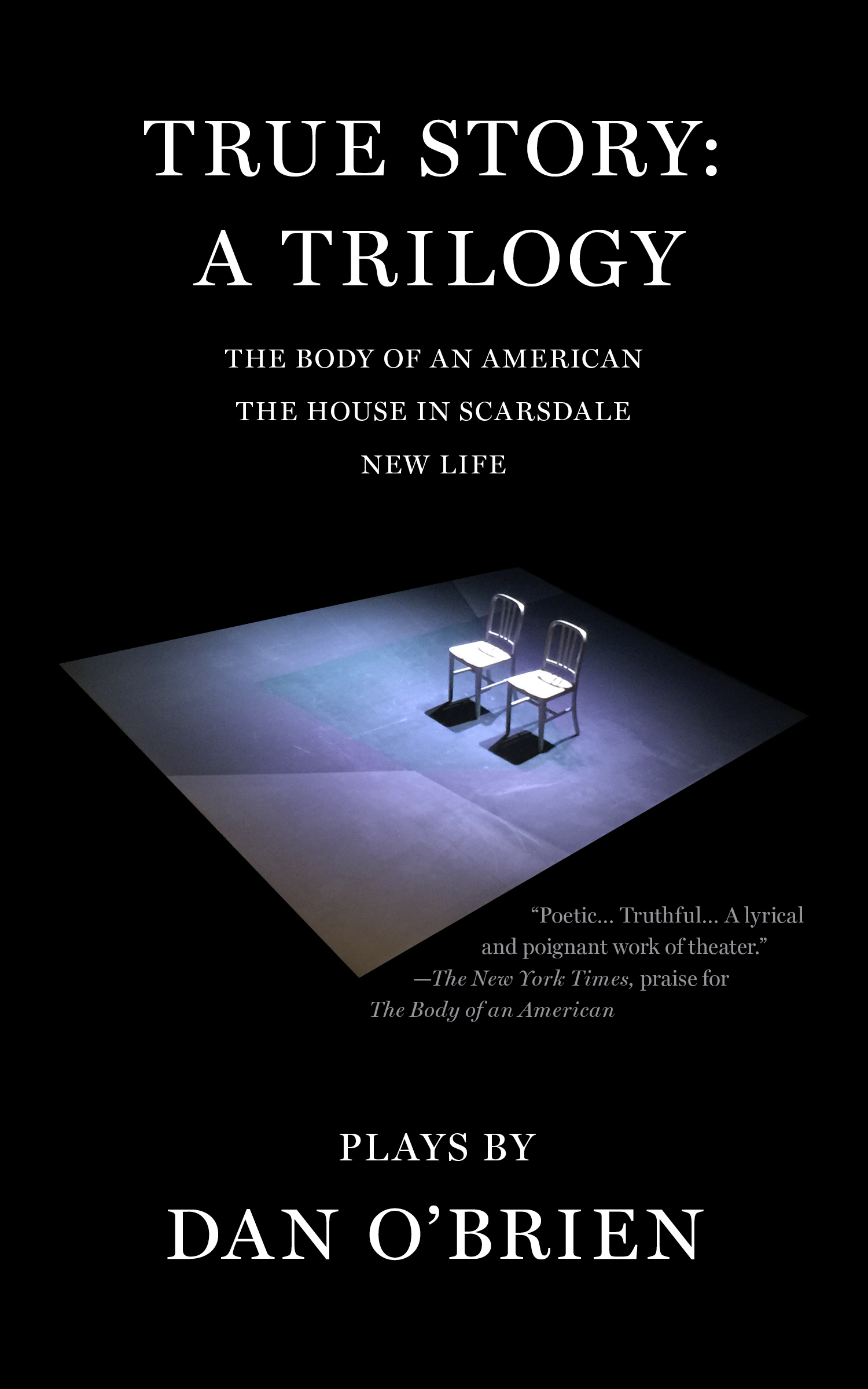"SURVIVOR'S NOTEBOOK: POEMS" by Dan O'Brien (Acre Books, 116 pages, $17).
"FROM SCARSDALE: A CHILDHOOD" by Dan O'Brien (Dalkey Archive Press, 216 pages, $17).
"TRUE STORY: A TRILOGY" by Dan O'Brien (Dalkey Archive Press, 220 pages, $16).
This year marks the publication of three books by Dan O'Brien: "Survivor's Notebook," his fifth poetry collection; "From Scarsdale," a memoir mining his childhood and its traumatic impressions; and "True Story," a trilogy of documentary plays. The books, each distinctly different yet deeply personal, reckon with the truth that we are living and dying at the same time.
O'Brien, who has a long association with the Sewanee Writers Conference, is originally from suburban New York and now lives in Los Angeles with his wife and daughter. He answered questions from Chapter 16 via email.
Q: This year marks the publication of three books by you — a poetry collection, a memoir and a trilogy of plays. How did you decide to tell these stories in their respective forms?
A: Poetry is my most intimate form. When I'm writing a poem, I feel like I'm praying or writing a love letter. But poetry can be — and this isn't a bad thing — ambiguous, episodic, fragmented. While I was in treatment for cancer in 2016, I felt compelled to tell the story of my painful childhood, and I needed more narrative cohesion than poetry usually allows. My plays have a bit of both — intimacy and story, verse and drama — but a story on stage or screen needs to relentlessly hold an audience's attention. So I think a lot about a play's structure, how to keep an audience engaged moment to moment. All that said, I don't really decide to tell my stories in these respective forms; the choice is intuitive, subconscious. The impulse and the subject seem to lead me in the right direction.
Q: How does illuminating your experiences emancipate you?
A: Writing about trauma, since I first started writing as an adolescent, has always saved me, in terms of my mental health and, yes, it's given me a feeling of freedom — and connection — that I wouldn't have found otherwise. Memories of trauma often arrive as intrusive thoughts, and writing about trauma allows two things to occur: The writer becomes desensitized through repeated exposure to the memories, and the writer gains a sense of control over the emotions elicited. Writing doesn't cure trauma, but it helps a writer find meaning — a revised story of oneself going forward.
Q: Is it important to you that the characters and voices, including you and your voice, have a life independent of the story?
A: I am drawn to true stories and have been for many years. I found that I was fascinated by reality, what had happened to me but also to other people, which led me to writing poetry and plays for a decade about a war reporter named Paul Watson, whose PTSD seemed, at times, like a funhouse mirror to my own.
Q: The first line of your introduction to the new trilogy of your dramatic writing reads, "These plays tell the truth. Or they try to anyway." How do you recognize and define what's true?
A: There's always going to be subjectivity involved with truth as opposed to facts. A sibling of mine, for example, would write a very different memoir about our shared upbringing, and both of our stories could be truthful. So I am trying to tell the truth about my subjective experience, as candidly as possible, and not simply for the sake of candidness — I'm not an exhibitionist — but for the sake of transgressing taboos. For many years this meant writing about the emotional and verbal abuse in my childhood and the varieties of mental illness that afflicted my parents and siblings. While working with Paul Watson I hoped to break the taboo of writing honestly about war. And in more recent years I am trying to write honestly about cancer and survivorship.
Q: What are the risks and rewards of answering what you've described as "a spiritual responsibility" to write about subjects that others, primarily your family of origin, wanted suppressed?
A: The rewards of writing about a suppressed truth far outweigh the risks. The risks are that you may upset people who would like to keep truth or facts or reality suppressed, but those people usually deserve their upset. Another risk is that you could feel exposed and vulnerable and your words might be misunderstood or misconstrued. But I have always believed that vulnerability is a covert strength.
Q: Given the vast volume of work you've produced, what continues to surprise and inspire? When do you feel complete?
A: There's no end to the people and experiences that surprise and inspire me. There are so many stories I want to tell, in many different forms. I never feel complete as a writer, and for that I am grateful.
To read an uncut version of this interview — and more local book coverage — visit Chapter16.org, an online publication of Humanities Tennessee.



